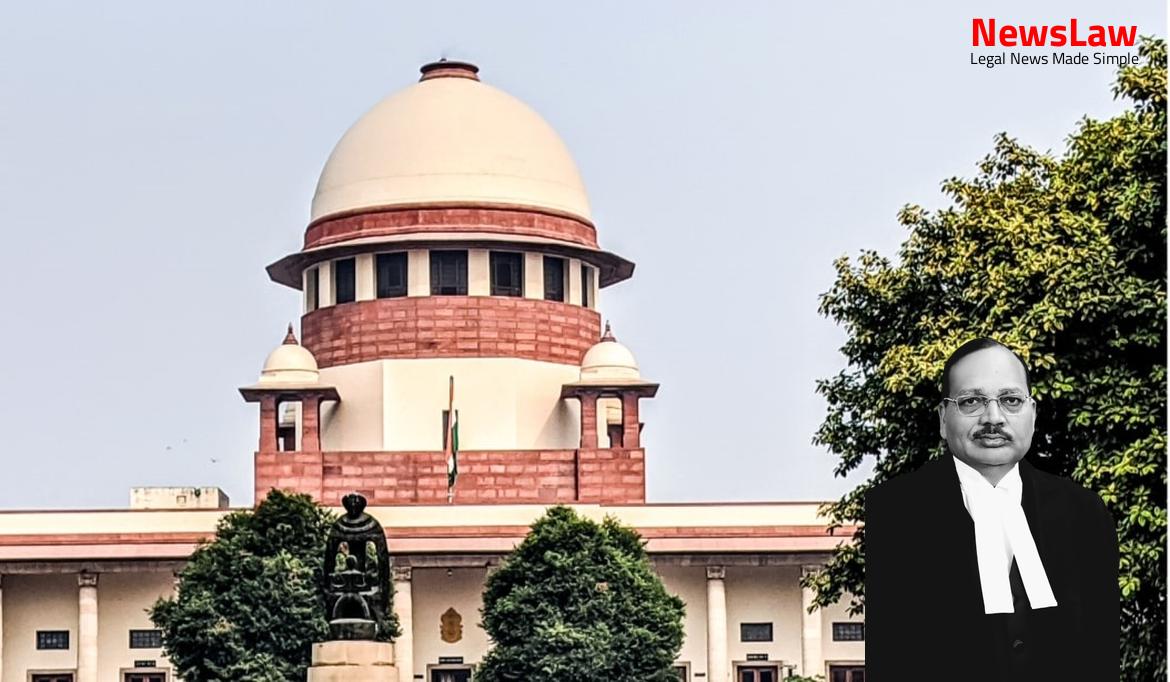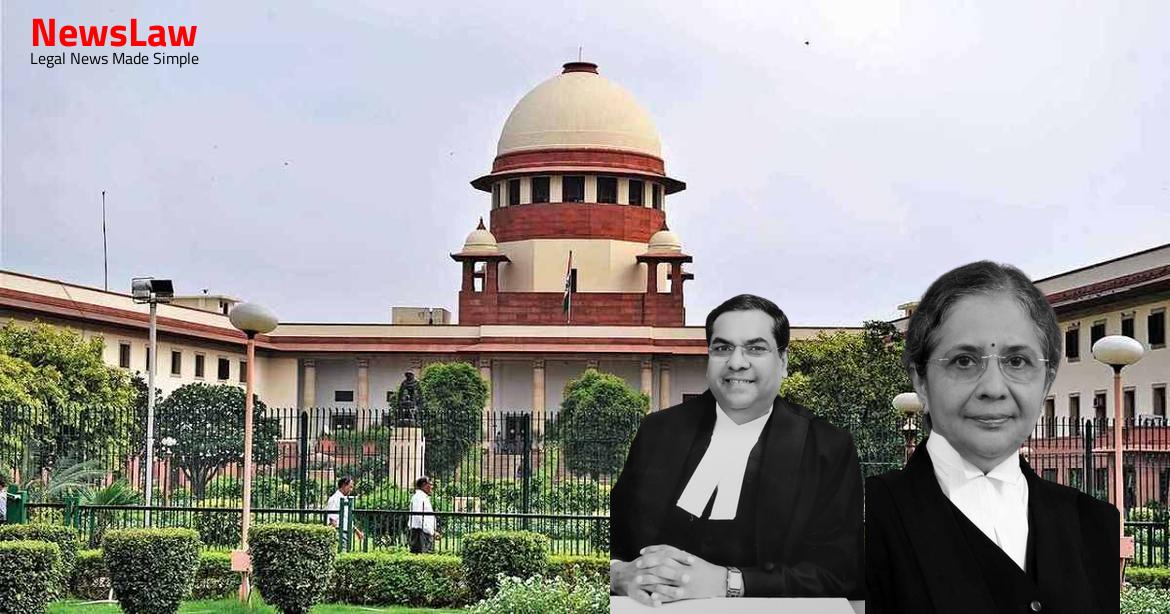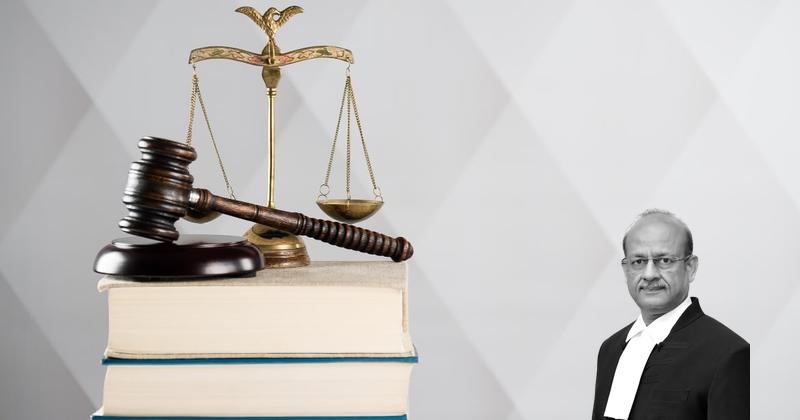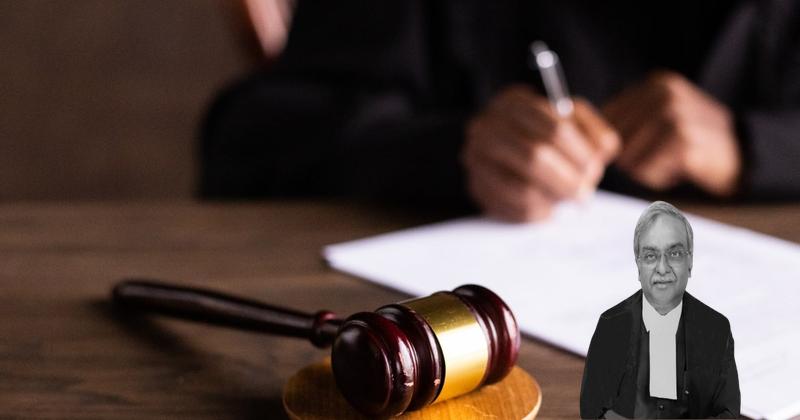In the legal case of Lithoferro v. State of Goa, a significant battle ensued regarding mining leases and environmental clearances. The parties involved, Lithoferro as the petitioner and the State of Goa as the respondent, clashed over the legality of mining operations post the expiration of leases in 2007. Stay tuned for more updates on this crucial legal dispute.
Facts
- State of Goa not obligated to grant fresh mining leases through competitive bidding or auction.
- The second renewal of mining leases in Goa was hasty and not in the interest of mineral development.
- Various writ petitions were filed in the Bombay High Court by mining leaseholders challenging the reports of Justice Shah and orders by Goa and the Union of India.
- Iron ore mining operations in Goa were declared illegal after November 22, 2007.
- Environment clearances for mines in Goa were suspended by the Ministry of Environment and Forest, Government of India.
- Justice M.B. Shah was appointed to inquire into the exploitation of natural resources in the iron ore mining sector in Goa.
- Grievance of the appellant regarding the protection order dated April 4, 2018, not extending to them as they were not a party in the SLP.
- Increase in state revenue outside the purview of the Mines and Minerals (Development and Regulation) Act.
- Reports submitted by Justice Shah led to the suspension of mining operations in Goa in September 2012.
- The decision taken by the State of Goa was subject to judicial review.
- The High Court directed the State of Goa to execute lease deeds in favor of leaseholders who had paid stamp duty as per orders of the government.
- The Goa Foundation-II case involved a challenge to the High Court’s order.
- The Division Bench quashed the State of Goa’s decision allowing transportation of royalty paid iron ore.
- The State Government was instructed to consider ownership rights and utilization of mineral resources for public purpose.
- The second renewal of mining leases in Goa was set aside and quashed.
- Fresh environmental clearances were mandated by the Ministry of Environment and Forests for new mining leases.
- The suspension and abeyance orders related to mining operations were deemed proper and to continue until decisions on fresh leases and environmental clearances were made.
- Writ petitions were independently filed in the Bombay High Court by mining leaseholders seeking consideration for second lease renewals or new lease grants.
Also Read: Environmental Violations Case: TNPCB v. Copper Slag Unit
Arguments
- Shri Mukul Rohatgi, learned Senior Counsel for the appellant, argues that mining leaseholders should be allowed to transport iron ore already mined by them based on legislative policy.
- The State of Goa has no objection to the transportation of mineral mined before 15.3.2018 on which royalty is paid.
- Shri Prashant Bhushan, representing the Goa Foundation, opposes the appeals citing a specific prohibition on mining activities post 15.3.2018 and rampant illegal excavation.
- Arguments focus on whether paragraph 154.6 of the judgment permitted continuation of mining until 15.3.2018 or prohibited both mining and transportation after that date.
- The Goa Foundation asserts that mining leases had expired in 2007, indicating illegal operations.
- Counsel argue over the interpretation of rules and orders concerning mining and transportation timelines post the judgment in Goa Foundation-II (supra).
- Learned counsel for the petitioners argues that the iron ore to be loaded in the Port area of Goa is royalty paid and brought before 15th March 2018.
- The Division Bench interprets the phrase ‘to manage their affairs’ to cover all mining and transportation activities.
- During a seven-week period, 2.2 MT of iron ore was extracted by lessees.
- Granting permission to transport this ore would reward illegal activity.
- The counsel urges for the dismissal of all appeals.
Also Read: High Court Upholds Decision on Minimum Eligibility Cut-Off in Judicial Promotions Case
Analysis
- The Bombay High Court decision in Lithoferro v. State of Goa is set aside.
- Mining leaseholders granted second renewal in violation of the decision in Goa Foundation are given time till 15-3-2018 to manage their affairs and continue mining operations.
- All mining operations must stop from 16-3-2018 until fresh mining leases and environmental clearances are granted.
- The State of Goa and the Ministry of Environment and Forests are directed to take necessary steps for granting fresh mining leases and environmental clearances.
- The Division Bench of the Bombay High Court’s view is deemed incorrect based on the legislative policy and previous orders.
- Mining leaseholders were permitted to continue mining operations until 15.3.2018, with no indication to cease transportation of minerals already mined by that date.
- No evidence suggests any mining operations persisted after 15.3.2018.
- Per the court’s directions, iron ore mined and royalty paid before 15.3.2018 should be allowed for transportation.
- The Goa Foundation raised concerns of extensive mining post the 7th February 2018 order.
- The court’s interpretation suggests the five-week period was intended for the completion of transportation.
- A halt on iron ore movement was imposed except for ore that had already reached the jetties.
- State of Goa directed to expedite recovery of amounts due from the mining leaseholders based on reports and investigations.
- Ownership of the ore belongs to the party that has raised it.
- Permission for transportation of ore is granted on the condition of paying royalty.
- State Government ensures only ore mined before 15.3.2018 is allowed to be transported.
- All appeals are allowed, allowing owners to transport their own ore.
- The lessee has the right to take down and remove any ore mineral excavated during the lease term for their own benefit.
- The lessee can also remove engines, machinery, buildings, and other structures that were set up on the leased lands.
- This removal should be done within six months of the expiry or termination of the lease, unless terminated for default.
- If terminated for default, the removal should be done within 3 to 6 months after termination.
- The State Government may choose to purchase certain items from the lessee.
Also Read: Protecting LGBTQ+ Rights: Supreme Court’s Landmark Judgment on Habeas Corpus Petitions
Decision
- The Goa Foundation approached the High Court to stay the government’s decision allowing royalty paid iron ore transport post 15.3.2018.
- The High Court granted an interim order on 28.3.2018 directing the suspension of mineral transport pending final disposal.
- The State of Goa was directed to comply strictly with the directions in the judgment of the Supreme Court in Goa Foundation-II.
- Only royalty-paid iron ore lying at jetties before 15th March 2018 was allowed to be loaded for transport.
- The matter was left for adjudication by the High Court for other issues.
- A subsequent order on 11.5.2018 permitted mining leaseholders to transport royalty paid ore within six months from the date of the order.
- An interim order on 4.4.2018 allowed loading and transport of royalty-paid iron ore from jetties before 15th March 2018.
- The High Court’s decision of 4.5.2018 was set aside, upholding the State of Goa’s decision allowing pre-15.3.2018 mined mineral transport.
- All mining operations were directed to stop from 16.3.2018 until new mining leases and environmental clearances are granted.
- During the period from 7.2.2018 to 15.3.2018, mining activities were permitted for the lessees to manage their affairs.
Case Title: CHOWGULE AND COMPANY PRIVATE LIMITED Vs. GOA FOUNDATION (2020 INSC 110)
Case Number: C.A. No.-000839-000839 / 2020



